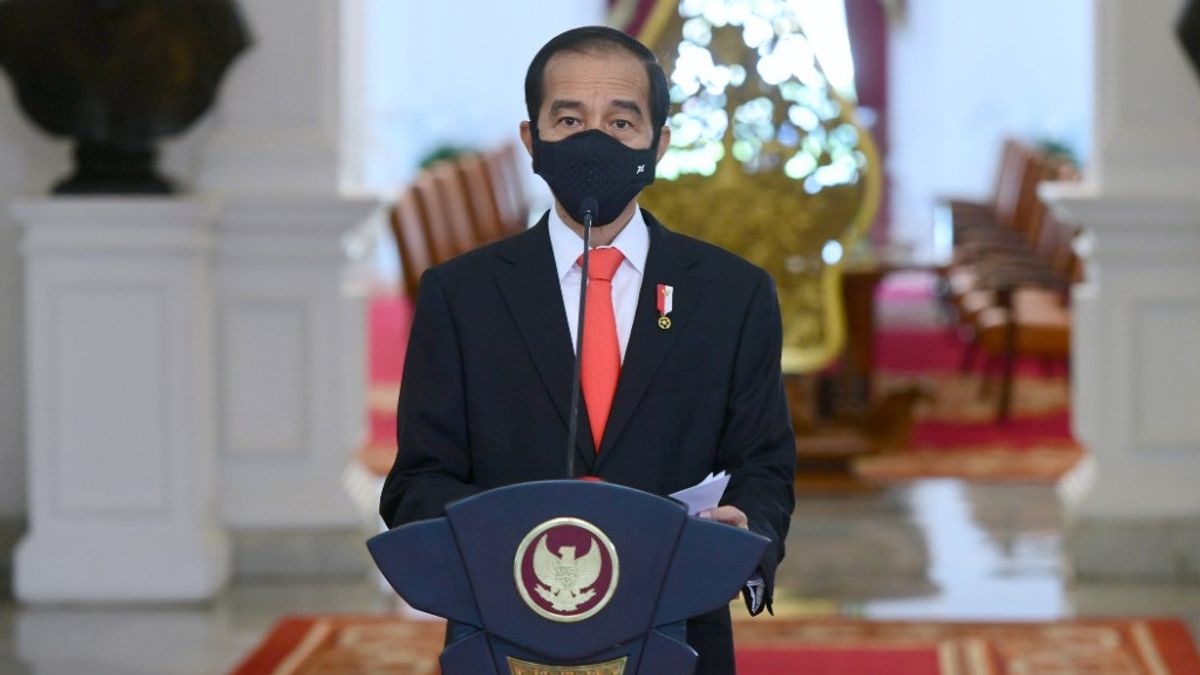99 pdf dumps
The Influence of the Association of Indonesian Pharmacists on Healthcare Policy
Community pharmacists in Indonesia have a key role to play during public health emergencies. They provide medicines and other health-related products and services. They also provide consultations and advice to customers.
However, little is known about their attitudes towards collaboration with physicians. The aim of this study is to assess and compare the attitude of Indonesian pharmacists towards collaborative relationships with physicians.
1. The Role of the Pharmacist
In Indonesia, pharmacists are involved in providing patient counselling and supplying drugs to public healthcare centres. Pharmacists play a key role in helping clients with their drug prescriptions, especially if they are suffering from chronic diseases such as hypertension or diabetes.
Pharmacists are able to provide information about the proper ways of taking medications, and this can lead to better medication adherence. This can also reduce the need for client visits to healthcare providers and hospitalizations due to improper medication use.
Furthermore, pharmacists can also help with the monitoring of a client’s blood pressure, as they have access to the most up-to-date blood pressure measurement equipment. In addition, they can offer advice on how to prevent and treat common ailments such as coughing and diarrhoea. They can also educate doctors, nurses and other healthcare providers about the proper techniques of prescribing medication. They can also provide valuable feedback on errors or near misses, and this can improve overall patient safety.

2. The Importance of Pharmacy Education
Pharmacists are a vital part of the healthcare team, and their ability to promote health literacy and facilitate patient-centred care is essential. This includes providing patients with information on medication and its side effects, as well as ensuring patients have access to primary healthcare services.
Increasingly, pharmacists are expected to deliver innovative and integrated healthcare services, including telemedicine, in support of the government’s agenda for ‘Smart Use of Medicines’. This is a complex task, with many barriers at the macro, meso and micro level that need to be addressed.
In Indonesia, the accessibility of pharmacy initial education and training programmes is a challenge. Moreover, it is important to develop an integrated system for collecting pharmacist data, which can be used to enhance existing workforce intelligence systems, and to support future forecasting and planning efforts. This would enable a comprehensive understanding of the current and future pharmacist workforce capacity and distribution in Indonesia. This is a critical step towards making informed decisions to improve health services.
3. The Role of the Pharmacy Technician
During the COVID-19 pandemic, pharmacy technicians have been on the front lines of providing medicines and advice to customers in areas with limited healthcare access. While pharmacies have been using their technicians to provide vaccinations and point-of-care testing, a lot more can be done to leverage their expertise in ways that will benefit patients.
For instance, many customers will have questions about their medications (whether prescription or over the counter) and their use. These could be basic queries like what an analgesic is, or more specific ones such as which alternative brands are available or whether it’s safe to take with other medicines.
This study used a discrete choice experiment method to explore pharmacists’ preferences for various interventions to improve medication adherence in diabetes patients. A series of ‘choice tasks’ was presented to pharmacists which offered two profiles of a new pharmacist service. The pharmacists then chose their preferred option. The attributes and attribute levels used in the questionnaire were identified based on previous research and input from pharmacists in Indonesia.
4. The Role of the Pharmacy Owner
Aside from the clinical aspects of their work, pharmacists are also tasked with the responsibility to help make the healthcare system more efficient. This includes identifying gaps in care and providing recommendations for improvement. This is especially important during a pandemic.
The aims of this study were to examine the role and responsibilities of https://pafikepulauanmentawai.org/ during the COVID-19 pandemic and to explore their preferences for pharmacist services that could improve medication adherence. A multivariable decision-making experiment with an orthogonal main effect fractional factorial design was used.
Increasing access to healthcare requires a collective effort from all stakeholders in the health sector. Community pharmacies play an important role in this endeavor. By offering specialized and enhanced services, such as MTM services, they can assist patients with improving adherence and reducing medication-related risks. This approach can improve the efficiency of the healthcare system by reducing costs and inequities. These initiatives require pharmacy owners to have the right mindset and skillset.